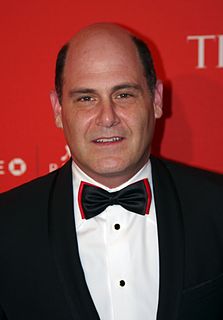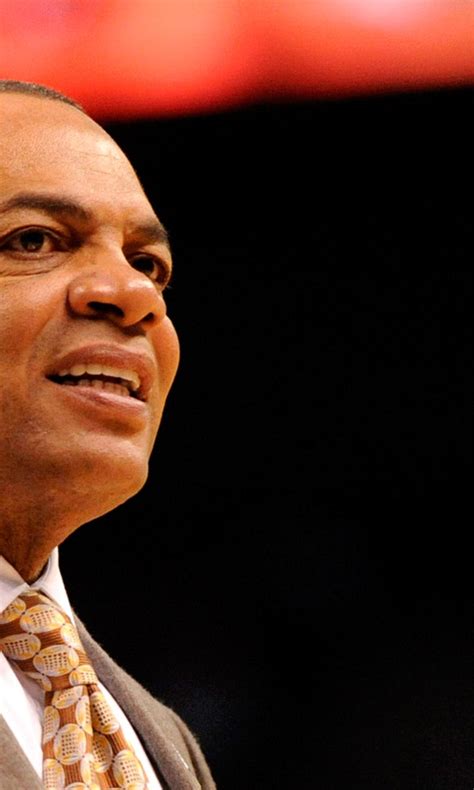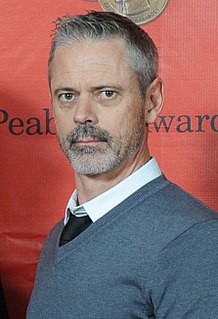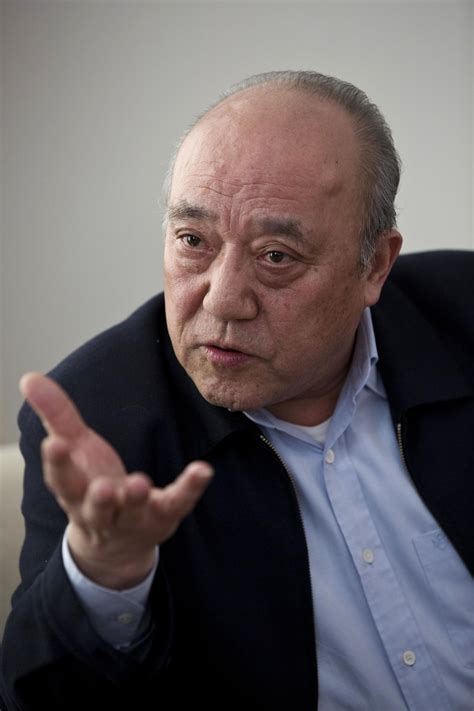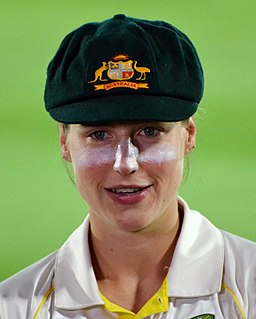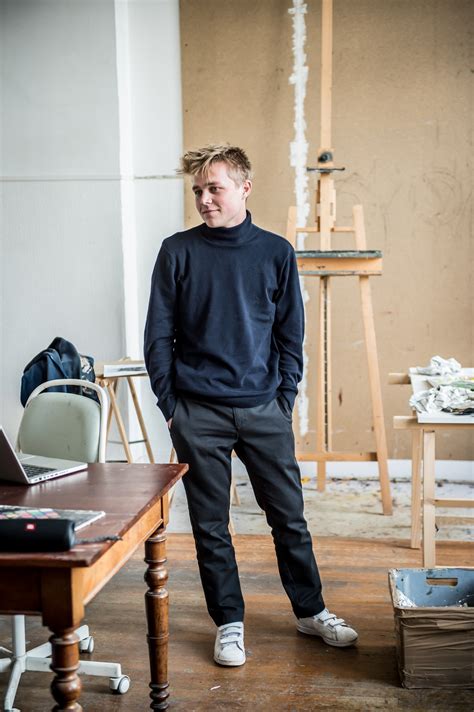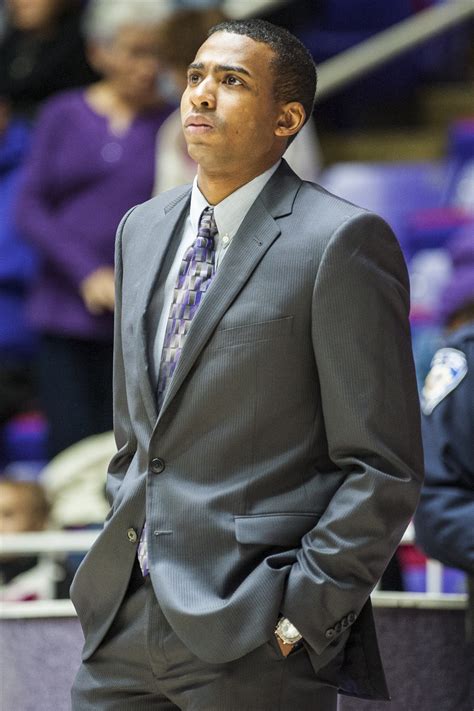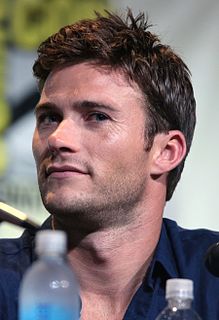A Quote by Steven Knight
I visited the set [of Allied] a few times, and it was a great set to visit. A lot of it was in West London, in an old Gillette factory. You'd go into the factory through the security, and then there were a lot of camels and goats. Most sets are really dull, but this was fantastic.
Related Quotes
I'll look through a script, and if there's a lot of night shooting I tend not to want to do it. If there's huge party scenes and I'll go through a few pages and say "Well, at least I'm not in this," then the last page my character walks in and says something, I say, "Uh oh, that's going to be three days on the set sitting around drinking coffee at the craft-service table." Unless it's a great part. All in all if it's a great part you'll do it and I'll say, "Well, I'm gonna be on the set for three days."
To be a good director, you have to spend a lot of time on actual sets, but today, there's a lot of people who spend a lot of time in dark rooms writing a script, and they'll go in and tell the story to some suit at a studio who says, 'Okay, this is great, let's go.' But that doesn't necessarily mean you know what to do once you're on set.
I'd grown up knowing all about Don Bradman and visited his museum in Bowral quite a few times and absolutely loved the place and then to go back there and receive my baggy green and play my first Test match there at the oval, and obviously my parents were there and a lot of family and friends, it was really cool.
Even though I know I can work out at any point in my day, I set a time that I want to get this workout in by. I set times when I'm waking up and having breakfast. Finding a few things you can stick to in your daily routine is helpful when there's a lot of uncertainty and your scheduling is really off.

